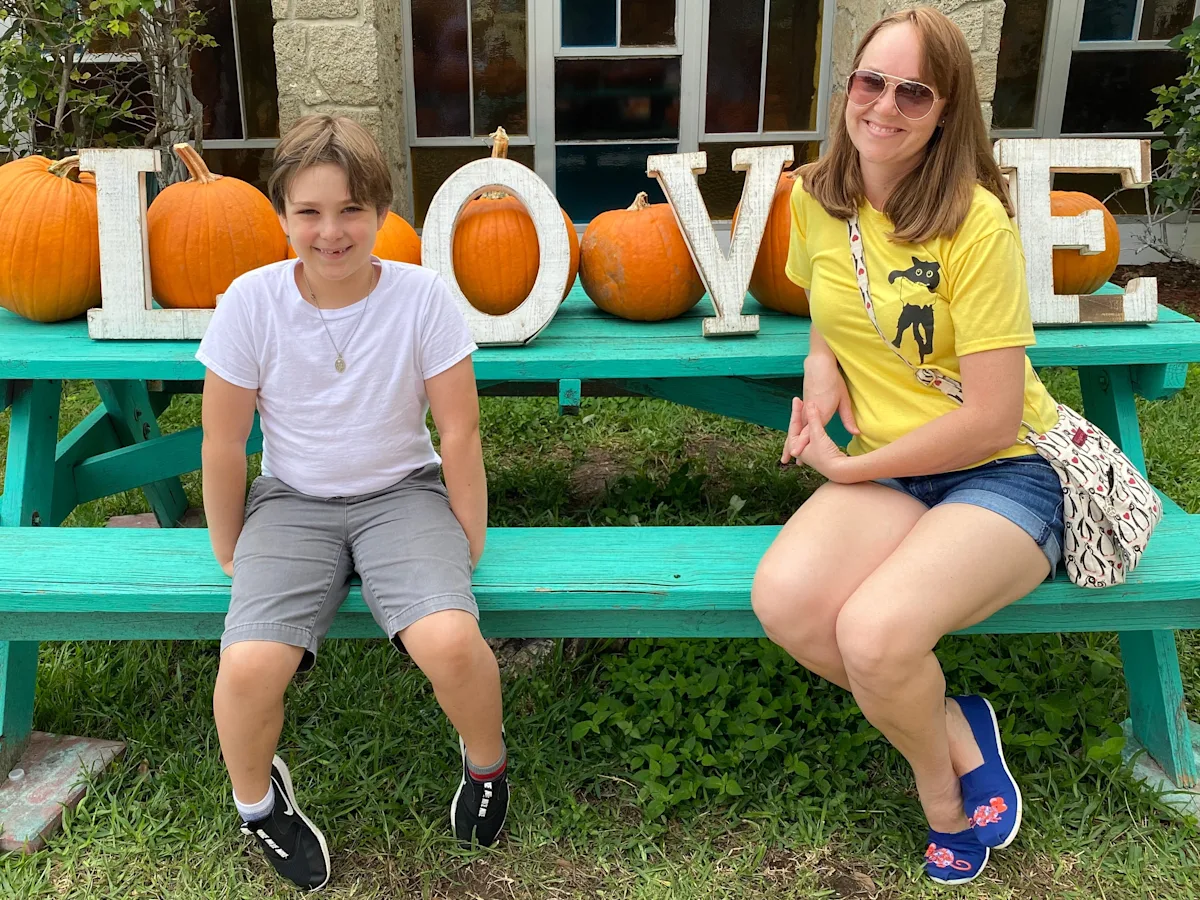In a quiet Margate neighborhood, a chilling plot unraveled, exposing a cache of weapons and a manifesto targeting Black and Jewish communities, as well as a U.S. congressman. John Kevin Lapinski Jr., a 41-year-old convicted felon, now faces 25 years in federal prison after pleading guilty to firearms charges tied to his dangerous scheme. The case, which began with gunshots echoing through a residential street, has left South Florida grappling with the specter of hate-fueled violence and the vigilance that stopped it in its tracks.
A Halloween Night of Alarm

On October 31, 2024, Margate Police responded to reports of gunshots in a residential neighborhood on Northwest 9th Court. The sound, piercing the Halloween night, led officers to the home of John Kevin Lapinski Jr., where a search uncovered a staggering arsenal: five firearms, over 3,000 rounds of ammunition, firearm parts and accessories, two silencers, body armor, smoke grenades, a Ghillie suit, and tactical gear. The discovery, detailed in a U.S. Attorney’s Office news release, hinted at a far more sinister intent than a random act of gunfire.
Among the evidence, investigators found a manifesto laced with antisemitic rhetoric and a “target” list that included the name of Congressman Jared Moskowitz. The congressman himself revealed on social media that police had notified him of a suspect arrested near his Margate home, thwarting a “potential plot” on his life. The chilling details of Lapinski’s intentions sent shockwaves through the community, raising fears of targeted violence against both public figures and minority groups.
A Guilty Plea and a Heavy Sentence
On April 24, 2025, Lapinski stood in a federal courtroom and pleaded guilty to four counts of weapons-related charges, including possession of a firearm by a convicted felon, possession of a firearm under a court order, possession of a bulletproof vest by a violent felon, and possession of an unregistered silencer. The charges stemmed from his status as a felon, prohibited from owning firearms, and the alarming scope of his arsenal. Facing a maximum of 43 years, Lapinski was sentenced on August 30, 2025, by Judge Rodney Smith to 25 years in federal prison, followed by eight years of supervised release.
The sentence, handed down in the Southern District of Florida, reflects the gravity of Lapinski’s actions and the threat he posed to Black and Jewish communities, as well as Moskowitz. Prosecutors described his plans as a direct danger, emphasizing the need to protect vulnerable groups from hate-driven violence. The case’s resolution, while a relief, left many in Margate questioning how such a plot could take root in their backyard.
A Congressman’s Close Call
Congressman Jared Moskowitz, representing Florida’s 23rd District, found himself at the center of the threat. In a November 2024 social media post, he revealed that Margate Police had informed him of Lapinski’s arrest just before Election Day, describing a suspect armed with a rifle, body armor, and a manifesto naming him as a target. “Serving my constituents is a great honor, but it has put my family in danger,” Moskowitz wrote, expressing gratitude to law enforcement for their swift action. His colleague, Rep. Carlos Gimenez, condemned the plot, stating, “Political violence has no place in our country. This violent anti-Semitic hate is despicable and must be confronted to the fullest extent of the law.”
Moskowitz’s survival of this threat, coupled with his reelection victory over Republican Joe Kaufman, underscores the personal risks faced by public officials in a polarized climate. The discovery of his name in Lapinski’s manifesto added a layer of urgency to the case, highlighting the intersection of political rhetoric and real-world danger.
A Community Confronts Hate
The Margate community, a diverse enclave in Broward County, was shaken by the revelation of Lapinski’s plot. The targeting of Black and Jewish communities, alongside a sitting congressman, struck at the heart of the area’s multicultural fabric. Residents expressed a mix of fear and resolve, with many praising the police response that prevented potential tragedy. “It’s terrifying to think this was happening so close to home,” one local told reporters, reflecting a sentiment echoed across social media.
The case has reignited conversations about hate crimes and the rise of extremist ideologies. Lapinski’s manifesto, filled with antisemitic rhetoric, mirrors broader trends of hate-fueled violence, prompting calls for stronger community vigilance and education. Local leaders are now urging residents to report suspicious activity, emphasizing that early intervention can save lives.
Questions of Prevention and Justice
As Lapinski begins his 25-year sentence, broader questions linger. How did a convicted felon amass such an arsenal undetected? What drove his fixation on minority communities and Moskowitz? The investigation, now concluded with his sentencing, revealed no specific timeline for his planned attacks, but the breadth of his weaponry suggests a long-brewing intent. Authorities are likely reviewing how gaps in monitoring allowed Lapinski to acquire silencers and tactical gear, raising concerns about enforcement of existing laws.
For South Florida, the case is a stark reminder of the fragility of safety in an era of rising hate crimes. The swift action of Margate Police, coupled with federal oversight, averted disaster, but the incident has left a lasting mark. As the community moves forward, the focus is on healing and prevention, ensuring that the specter of hate doesn’t overshadow the region’s diversity and resilience. For Moskowitz and those targeted, the sentence offers justice, but the scars of such threats endure, a call to remain vigilant in the face of hate.





